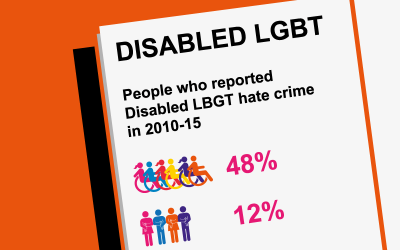UN Convention on the Rights of Persons with Disabilities.
The United Nations Convention on the Rights of Persons with Disabilities (CRPD) entered force in May 2008.
It follows decades of work to change attitudes towards disabled people. Instead of seeing us as “objects” of charity, medical treatment or social protection it sees us as “subjects” with rights. This means we should be able to claim our rights, make informed decisions about our own lives and be active members of society.
The Committee on the Rights of Persons with Disabilities monitors the implementation of the Convention. It is made up of 18 independent experts (at the moment most of the experts are disabled people). Countries which have agreed to sign-up to the Convention (they are called ‘States Parties’) must report on their progress in implementing the rights contained in the Convention. During its sessions, the Committee will consider the reports and make recommendations.
The Optional Protocol to the Convention gives the Committee additional powers. When a country signs up to the Protocol it allows the Committee to accept and examine complaints filed by individuals. Also where there is evidence of grave and systemic violations of human rights, the Committee can launch its own inquiries.
The full text of the Convention and its Optional Protocol can be found by clicking
here.
For the web page of Committee on the Rights of Persons with Disabilities click here.






COMMENTS